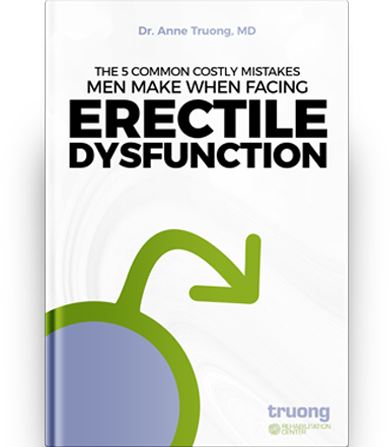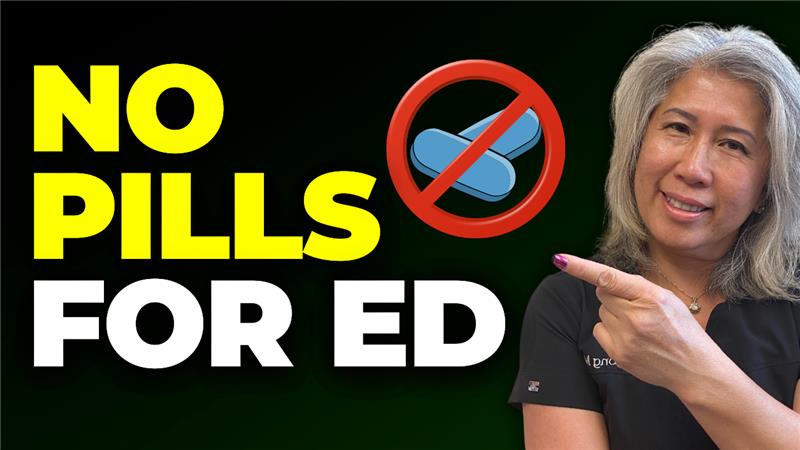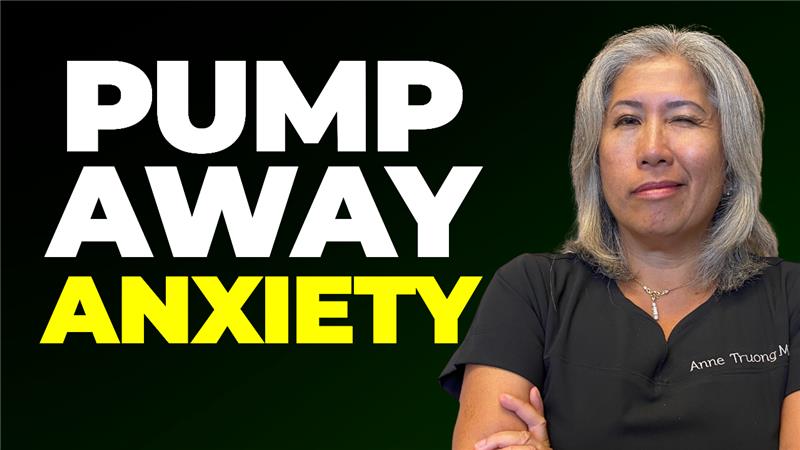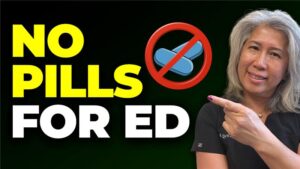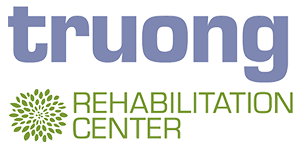Sofia Vergara, one of the highest-earning actresses in the world, famous for her roles in TV shows such as Modern Family and films such as Four Brothers had this to say when asked her opinion of Botox.
“If it makes you happier and more confident, then why not? But I also think you have to do your research, so you know what to expect—that you’ll look fresher but not necessarily younger. I don’t want to age, but hey, what can you do? It’s a natural process. I’m trying to do it gracefully.”
Botox, which is scientifically called Botulinum Toxin, is a neurotoxin product of the bacterium Clostridium Botulinum. It primarily sustains natural conditions in places such as forests, lakes, and soil. Spores and bacteria of Clostridium Botulinum can also be in fish gills, intestinal tracts of mammals, and in the organs of shellfish and crabs. In the form of spores and bacteria, it is harmless.
Its transformation into a toxic element begins from its evolution into vegetative cells, from where it starts to multiply. It is then that the neurotoxin Botox is derived.
Botulinum Toxin, when consumed in massive levels, can render an individual paralyzed and can potentially lead to death due to respiratory failure. Such instances occurred individuals ingesting contaminated food from an improperly-canned container.
Botox is primarily known for its application as a non-invasive cosmetic product, but it can be used for several therapeutic uses as well. While Botox usage has been rampantly growing globally, few are aware of the way it affects our bodies.
How does Botox work?
As discussed before, in high concentrations, Botulinum Toxin can paralyze a person and can prove fatal.
Smaller portions injected into particular muscles only renders paralysis to those specific muscles. This scientific breakthrough was achieved by Alan B. Scott and his colleagues when they injected a few picograms of Botox into the extraocular muscles or eye muscles in monkeys. The effect of Botox contained to the area where it was injected, for a longer duration and also showed no discernible signs of side effects.
Since this breakthrough in the field of Ophthalmology, doctors have predominantly used it to treat strabismus or crossed eyes, an eye muscle disorder.
On the other hand, Richard Clarke, who was a plastic surgeon from Sacramento, California derived the usage of Botox for cosmetic purposes. According to sources, he was the first to document the paralysis of facial muscles, which prevented them from forming creases and wrinkles. He received approval from Food and Drug Administration (FDA) in 1989; it was a breakthrough treatment for wrinkles.
Furthermore, it was observed by Jean and Alistair Caruthers that when Botox injected in extraocular muscles as well as facial regions of patients there were discernably fewer frown lines between eyebrows.
Botox works by restricting the communication between the muscle of that area and nerve cells. Nerve cells can no longer send signals to affected muscles, thus paralyzing them.
Applications of Botox
While Botulinum toxin is widely known for and prescribed by medical practitioners to treat wrinkles and frown lines, it has other uses as well.
In the year 2000, William J. Binder documented that patients who took Botox injections for aesthetic purposes also reported attenuation of chronic headache. Back then, he and the scientific community regarded it as a side effect for muscle paralysis in the facial region.
Later it was discovered that the toxin releases peripheral nociceptive neurotransmitters suppresses the central pain processing system of the brain, which is responsible for migraines.
Additionally, Botox can treat eye squints (loopy eyelids), leaky bladders, and excessive sweating.
Botox treatments are as follows –
- Idiopathic rotational cervical dystonia or severe spasms in neck and shoulder muscles.
- Wrinkles.
- Eyelids spasm.
- Chronic migraine.
- Strabismus.
- Bladder wall muscle overactivity or detrusor overactivity.
- Hemifacial spasm.
- Frown lines between eyebrows or glabellar lines.
- Crow’s feet.
- Excessive sweating or blepharospasm.
Although these are the labeled uses of Botox, medical practitioners also use it for other purposes as well, which are not authorized by the FDA. For instance, psychiatrists are also considering this as an effective alternative to antidepressants.
Botox usage has come a long way since its inception as a deadly bacterium product. Currently, supervised usage of it causes minor side-effects, observed in only a handful of patients, such as headaches, which lasts for 24 hours and eyelid drooping, which might continue for 3 weeks.
Regardless, individuals who have neurological disorders, are pregnant or breastfeeding should abstain from using Botox.
We are now offering Botox injections at Truong Rehabilitation. Contact us at 540-374-3164 to schedule your appointment today!
Reference Links –


